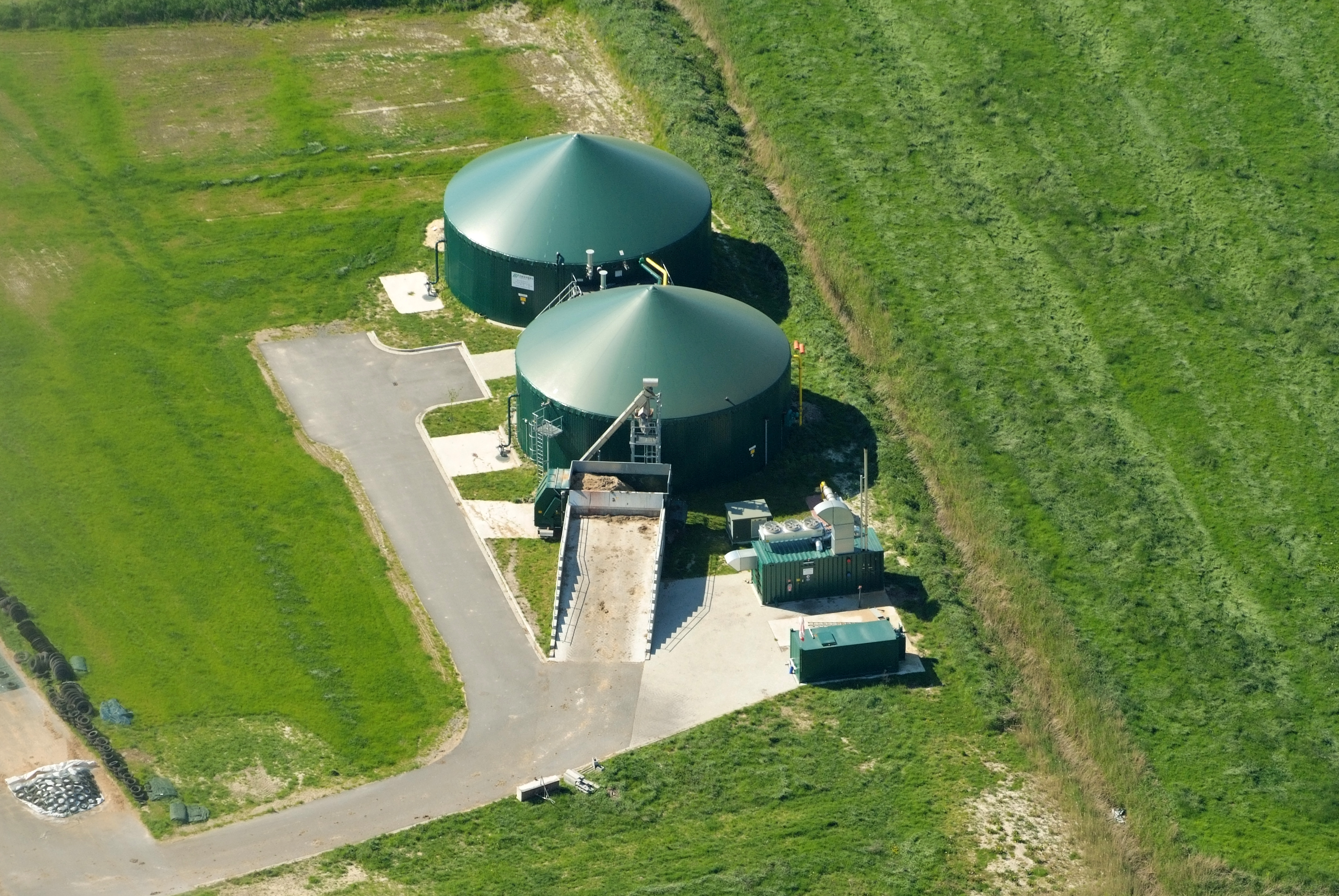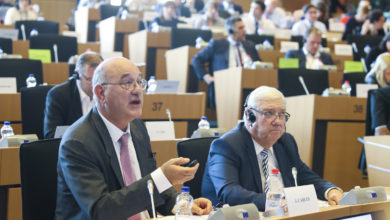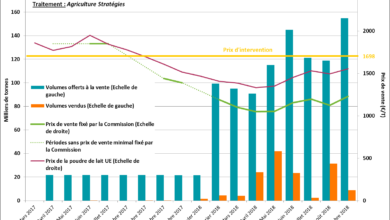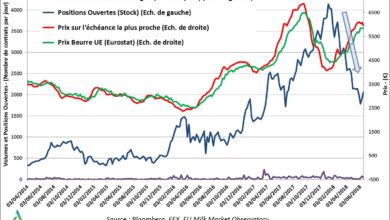
With 46,000 ha divided between the former GDR, Lithuania and Romania, KTG Agrar was a totem to the phenomenon of land-grabbing in Europe1. Developed on the basis of the privatization of former East German state farms in the 1990s, the company expanded rapidly from its IPO in 2007. Its activities were not limited to agricultural production and among the KTG group’s 96 subsidiaries and other associates were various food processing and biogas production tools. The group had even been ranked 3rd among renewable energy producers in Germany.
In difficulty, with significant debt, KTG Agrar had managed to maintain the trust of its creditors by playing with its book entries on the purchase price and sales between its various subsidiaries. The pot rose discovered, the founder was pushed out the door at the start of 2016 and the group declared insolvent. Most of the German activities were acquired by a company specializing in the construction and takeover of companies in difficulty. Proceedings conducted by different debt-owners are still in progress.
The story could have stopped there, but it would have been without counting a land repurchase operation carried out, before the bankruptcy, by Munich Re, a giant reinsurance company. In 2015, taking advantage of the increase in land prices, KTG Agrar sold a portion of its land while benefiting from a fairly protective lease (18 years with option to extend five to six years). For the operation to escape the right of first refusal of local farmers, KTG Agrar had grouped the lands for sale in a structure declared as a subsidiary of the group that will be quickly bought by Munich Re. More exactly, the insurer bought back 94.9% of the shares of the subsidiary in order not to have to pay the transfer duties (from 3.5% to 6.5%) to be honored in case of redemption of 95% of the shares. The transfer of land via the purchase of shares is quite common in this part of Germany, a recent study by Andreas Tietz, a researcher at the Von Thünen Institute, shows that 21% of land sales were made by transfer of shares2.
The bankruptcy of KTG Agrar and the identification of flaws in land regulations seem to have led to an increase in the level of awareness of German opinion on the land issue and in particular the access to land for young farmers with regard to the rising prices of real estate. The defense of family farming comes back more in political speeches and the public positions of the various agricultural unions are relatively unanimous from AbL3 (Arbeitsgemeinschaft bauerlich Landwirtschaft) to DBV4 (Deutscher Bauernverband).
This political pressure is starting to take effect. Last September, the Brandenburg authorities partially canceled the authorization for the purchase by Munich Re5. Local farmers have been able to align themselves with the proposed terms of sale, and will thus be able to acquire part of the land by exercising their right of first refusal. The parties have nevertheless appealed, and the fate of the current leases remains to be defined. A similar decision is expected in Saxony-Anhalt also concerned by the repurchase by Munich Re.
The circumvention of regulation on agricultural land through legal persons is not unique to Germany. The phenomenon is also observed in France where MP Dominique Potier is particularly active on the subject and continues to seek to plug this breach of the land legislation6. The problem of soaring land prices is however much more present in Germany, while prices of agricultural products are at their lowest. The control of the amount of rent (calculated according to the profitability of agricultural activity and averaged over 5 years) at work in France seems indeed more effective than the action of the German regulator who can only refuse transactions if the price is considered excessive.
Finally, while the bankruptcy of KTG Agrar seems to have stimulated the debate on land regulation in Germany, it also provides additionnal insight into the strenghts and weaknesses of different farm models. Agriculture is a sector in which productivity gains from economies of scaleare quite limited. In addition, faced with an unstable economic environment, non-agricultural capital tends to be those that leave the sector early in a crisis. Here we find an illustration of the advantages of farmily farming, which besides the efficiency of family work, is more resistant to crises than agricultural firms7.
Frédéric Courleux, Director of studies of Agriculture Strategies
1 Read https://www.monde-diplomatique.fr/2015/09/KNAEBEL/53690
2 https://www.thuenen.de/media/publikationen/thuenen-report/Thuenen-Report_52.pdf
3 https://viacampesina.org/en/german-corporations-exploiting-legal-loopholes-grab-small-farms-young-peasants-leading-fight-back/
4 https://www.berlinjournal.biz/200-brandenburger-bauern-von-eigeninsolvenz-der-ktg-agrar-se-betroffen/
5 https://www.taz.de/Archiv-Suche/!5459774&s=KTG/
6 http://www.dominiquepotier.com/fr/tribune-foncier-agricole-le-combat-continue/actualites-1.html
7 In addition, read http://journals.openedition.org/economierurale/5150











